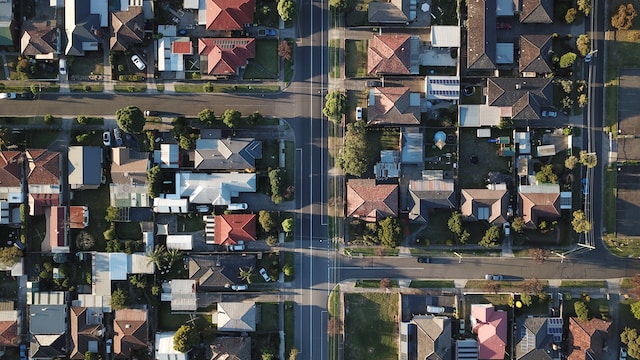Australians have begun opening their wallets, with consumer confidence making a comeback amid positive economic signs.
Consumers spent an average of nearly $200 more during the 2023 Black Friday and holiday season compared to the year before, according to online sales data from financial platform Airwallex.
Online shopping, finance and insurance, and travel were the main drivers of spending growth, increasing by 3.9 per cent, 3.6 per cent and 7.6 per cent over the year.
It follows months of consecutive interest rate rises by the Reserve Bank to combat sticking inflation.
Prime Minister Anthony Albanese said the government will have further announcements over the coming days, to give Australians cost of living relief.
On high food prices, Mr Albanese said the Australian Competition and Consumer Commission was considering what further monitoring could be done, including potential legal action.
“We will do whatever is necessary, including looking at changing the voluntary code of conduct, looking at mandating in order to provide that support for people,” he told 2SM radio on Tuesday.
“We want to make sure that people are paying the lowest possible prices when they get to a check-out, that’s our priority along with other measures to assist people.”
Under fire from voters and the opposition, the government appointed economist Dr Craig Emerson to review the food and grocery code of conduct.
Airwallex Australia and New Zealand director Luke Latham said it seemed Australians have begun testing the spending waters after months of scrimping in the face of a cost of living crisis.
“It’s clear Aussies are letting their hair down a bit while also making sure they’re investing for a rainy day,” he said.
“Across all sectors there’s a lot of optimism that the signals we’ve seen towards the end of 2023 indicate a return to online spending growth.”
While Western Australia, Tasmania and Queensland all recorded a higher per-person spend compared to the previous year, shoppers in Victoria, NSW and South Australia spent hundreds less during the end-of-year sales period.
Mr Latham said this was reflective of the varied impacts of financial pressures on different states.
“The spending pattern was inconsistent across the country, highlighting that the hip pocket pain from mortgage increases and inflation are likely being felt most keenly in NSW, Victoria and South Australia and deterring spending,” he said.
The data shows the economy finished 2023 in a “strong position” that could bode well for further online spending, Mr Latham said.
This comes after the Australian Bureau of Statistics revealed the November consumer price index had hit 4.3 per cent, its lowest since January 2022, leading many economists to tip the central bank will keep the cash rate on hold in February.
Kat Wong and Tess Ikonomou
(Australian Associated Press)




